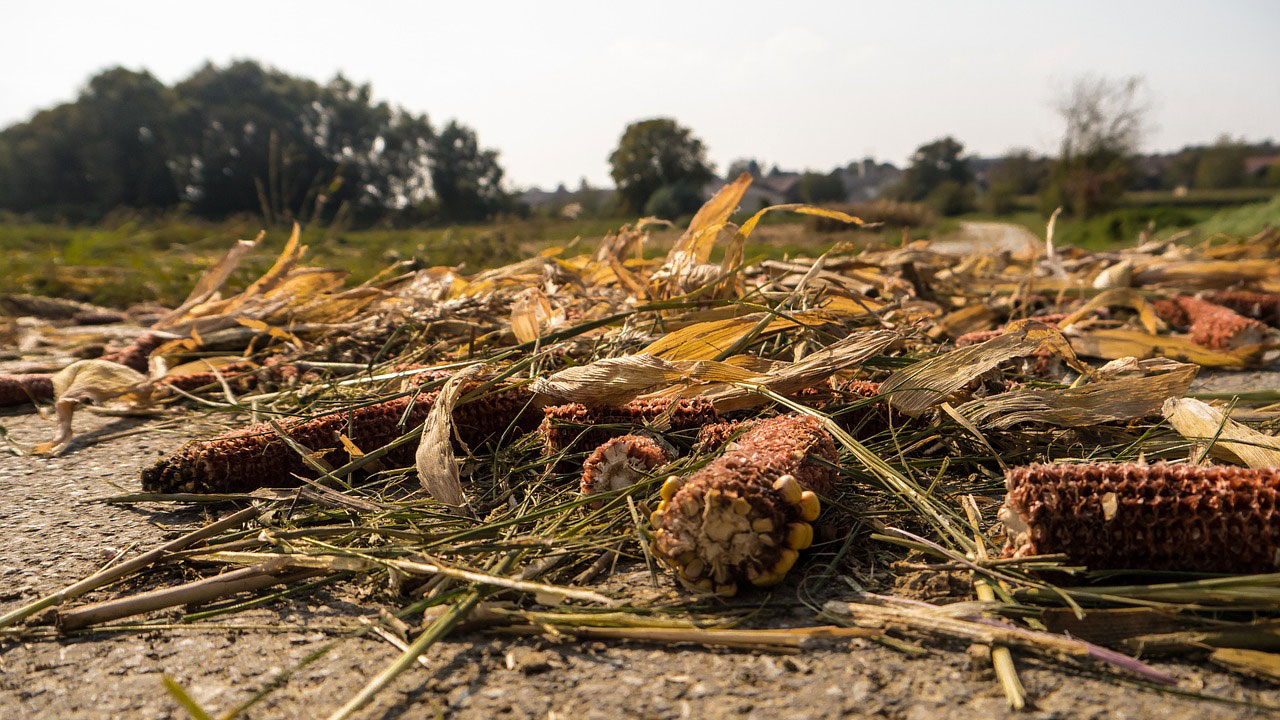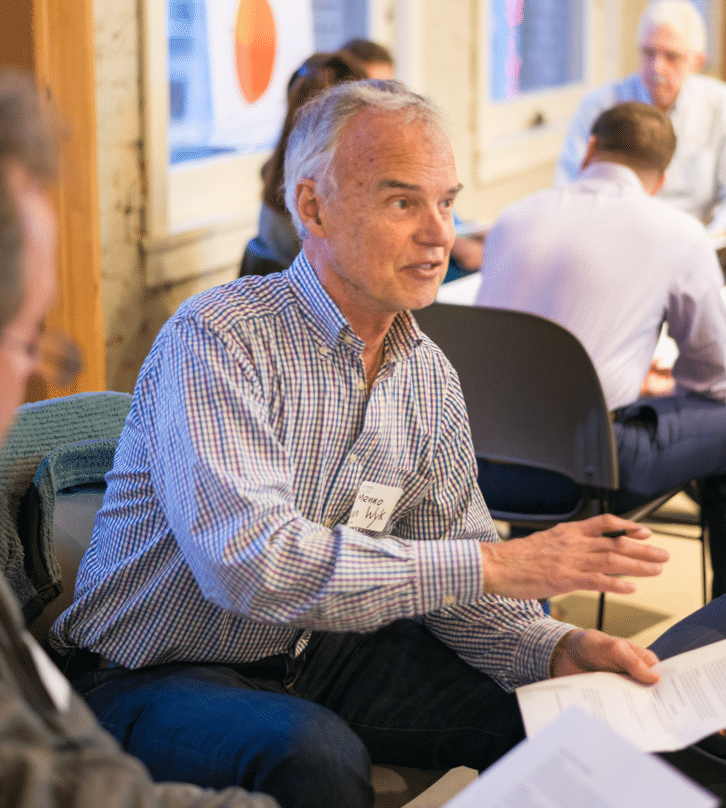Soil degradation or soil loss threatens future food security nearly everywhere, and Ghana is no exception. A team of Ghanian and Chinese scientists found soil fertility declining throughout Ghana as farming intensifies to feed the growing population, now estimated at 23 million. In their 2019 study in the journal Agronomy, they blame an “overdependency on farm machinery to till the land” for a general decline in soil quality across the country.
The team found that conservation tillage or “zero tillage transplanting” practices resulted in a variety of benefits, including higher grain yields for rice farmers. Specifically, they found “a reduction in soil bulk density, enhanced soil nutrients, a reduction in [total nitrogen] runoff losses, and improved yield of rice”.
Ghana’s government, however, remains unconvinced, as recently reported by the journalist Zadok Kwame Gyesi in Graphic Online. At a January agriculture conference held in Accra, Kingsley Amoakoh, a representative from the Ministry of Food & Agriculture, which runs the environment and climate change unit, told an audience that the Ministry feels strongly that machines are farmers’ friends, not foes. “Mechanization plays a critical role in adoption and practice of conservation agriculture, particularly in the area of land preparation and management,” he argued.
Who’s right, the government or the scientists? Perhaps they both are.
One idea behind conservation tillage is to treat soil in a way that minimizes disturbance to post-harvest biomass, which can be used to retain, fertilize, and enrich soil for the next growing cycle. The United States Department of Agriculture defines conservation tillage as a set of farming practices that “leaves enough crop residues from cover crops and/or cash crops on the soil surface after planting to provide at least 30% soil cover”. A 2012 USDA synopsis clarifies that this 30 percent figure is a minimal amount found to reduce soil loss, but that actually a higher percentage is desirable. Reduced tillage and crop rotation can achieve good results, the agency says, citing the example of farmers leaving corn crop biomass behind on fields and then planting cotton on top of it, minimizing erosion and fertilizing the cotton crops at the same time.
In the case of Ghana, the Africa RISING (Africa Research in Sustainable Intensification for the Next Generation) program recommends minimal or zero tillage as well as cover cropping, specifically intercropping maize with cowpeas, which they say leads to a 36 percent improvement in maize production. The cowpea plants become a “living mulch” that crowds out weeds while enhancing soil fertility and soil moisture. Africa RISING acknowledges that conservation tillage practices can initially be more labor-intensive but argues that over time labor demands decline with the reduced need for weeding.
Ghana’s government sees mechanization as necessary to grow more food as the population grows and labor moves to the cities. The answer, said Amoakoh, isn’t less machinery but rather using the right machinery. Equipment exists to harvest plants while leaving much of the plant residue behind on the field, or to allow for new crop planting while causing lighter disturbances to the soil and any left-over biomass. Conservation tillage doesn’t necessarily mean tending the fields by hand, which dominates agriculture in sub-Saharan Africa and continues to limit the potential of Ghana’s farms. The problem, said Amoakoh, is that conservation agriculture-friendly machines are typically quite expensive, and thus out of reach for Ghana’s smallholder farmers. Mechanized conservation tillage is rare in Ghana, he said, because of the “unavailability of appropriate equipment and high cost associated with the acquisition of this equipment”. Bringing conservation tillage equipment to smallholder farmers will require developing cheaper equipment or innovative financing mechanisms.
Grow Further isn\’t planning to become a microfinance institution but would consider supporting both engineering and fintech (financial technology) solutions for conservation agriculture in Ghana.
–Grow Further




